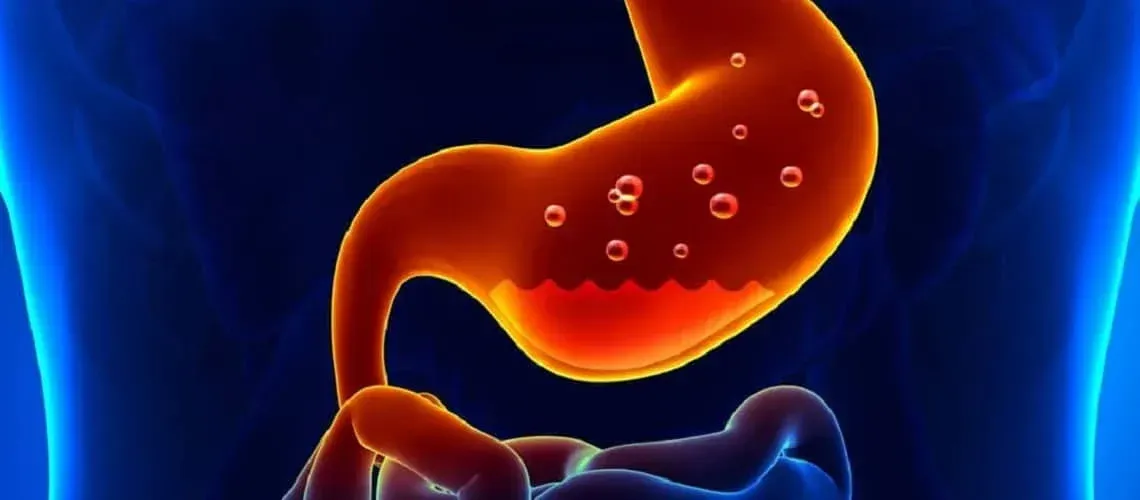Navigating Gastroparesis: Insights from a Gastroenterologist
Gastroparesis is a gastrointestinal disorder characterized by delayed emptying of the stomach, leading to symptoms such as nausea, bloating, and abdominal discomfort. In this article, we explore the complexities of gastroparesis and the role of a gastroenterologist in diagnosing and managing this condition. From understanding digestive issues to addressing gastrointestinal disorders and bloating, a gastroenterologist plays a crucial role in providing comprehensive care for individuals with gastroparesis. Join us as we delve into the world of gastroparesis and gain valuable insights from a specialist in digestive health.
Unraveling Gastroparesis: Symptoms and Causes:
Gastroparesis presents with symptoms such as early satiety, vomiting, and fluctuating blood sugar levels, impacting the quality of life of affected individuals. The underlying causes of gastroparesis can range from nerve damage to viral infections, diabetes, or post-surgical complications. Understanding the symptoms and root causes of gastroparesis is essential for accurate diagnosis and tailored treatment plans.
The Expertise of a Gastroenterologist in Managing Digestive Issues:
A gastroenterologist possesses specialized knowledge in diagnosing and treating a wide range of digestive issues, including gastroparesis. Through comprehensive evaluations, diagnostic tests, and personalized treatment approaches, a gastroenterologist can offer individualized care to address the unique needs of patients with gastroparesis. Their expertise in gastrointestinal health is instrumental in guiding patients towards improved digestive function and symptom relief.
Addressing GI Disorders Through a Gastroenterologist's Perspective:
Gastrointestinal disorders encompass a spectrum of conditions, with gastroparesis being one of the complex entities that gastroenterologists are equipped to manage. From irritable bowel syndrome to inflammatory bowel disease, gastroenterologists utilize their expertise to identify, treat, and monitor various GI disorders, ensuring optimal digestive health for their patients. Collaborating with a gastroenterologist can provide individuals with the comprehensive care needed to navigate the challenges of GI disorders effectively.
Combatting Bloating: Strategies for Gastroparesis Management:
Bloating is a common symptom experienced by individuals with gastroparesis, often contributing to discomfort and reduced quality of life. Gastroenterologists can recommend strategies to alleviate bloating, such as dietary modifications, lifestyle changes, and medication management tailored to the individual's needs. By addressing bloating as part of the gastroparesis management plan, patients can experience relief and improved gastrointestinal function.
In conclusion, navigating gastroparesis requires the expertise of a gastroenterologist who can offer insights, diagnosis, and personalized care for individuals grappling with this condition. By understanding the symptoms, causes, and management strategies associated with gastroparesis, patients can work towards enhancing their digestive health and overall well-being under the guidance of a specialized healthcare provider.
¡FREE LABS!
EVERY FRIDAY 8 AM - 9:30 AM
Or call us to make an appointment
No need to fast
No long waits
inmediate exam results
Lipid panel • Liver function test • Glucose levels to screen for diabetes • Body mass index • Hemoglobin measurement to rule out anemia • Blood pressure • Glycosylated hemoglobin to monitor and confirm diabetes • Electrocardiogram • Ultrasound to detect liver fibrosis • Dietetic education










